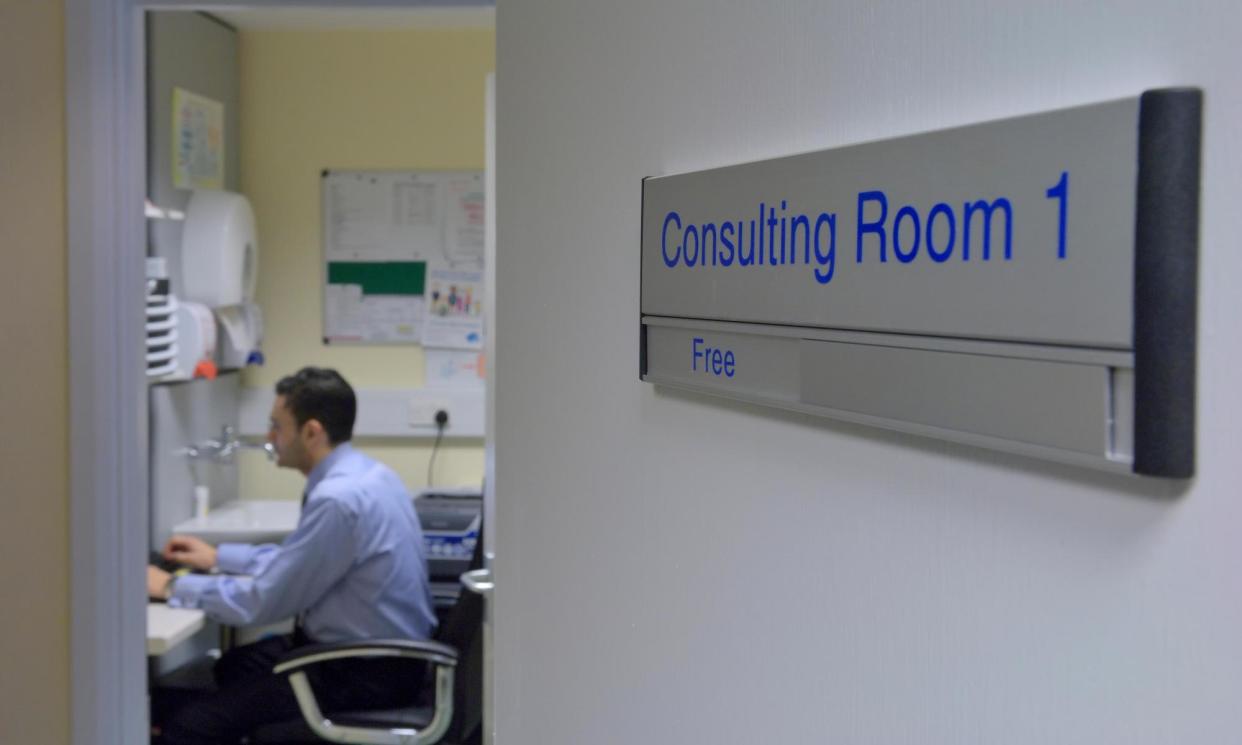How physician associates are helping doctors, not replacing them

I don’t recognise the challenges posed by the introduction of physician associates (PAs) in the same way as Dr Rachel Clarke does (What if your ‘physician’ wasn’t actually a doctor at all? Beware this new reckless experiment, 20 June). Introducing a new cohort of healthcare professionals is a tremendous responsibility, and local experience indicates that the capability to manage its implementation is often poor.
Our practice will soon employ four PAs, including two who left other practices where they were all but left to fend for themselves. One recounts how, on her first day in her first job, she was assigned a fully booked clinic with no induction, training or guidance, and made to feel a nuisance when seeking help. This is not uncommon.
Until we acknowledge that many doctors need to be better equipped with leadership and management training, the goodwill and commitment of a promising new cadre of healthcare professionals risks being squandered as a result of shortcomings in medical supervision.
Dr Rubin Minhas
GP partner, Gravesend, Kent
• Dr Rachel Clarke highlights the concerns in the medical community around the role of PAs. I agree that these positions were rolled out without a clear regulatory framework and were used inappropriately in primary care by NHS clinical leaders (who are often doctors), leading to some tragic cases. But Dr Clarke should remember that these are also committed individuals who are biomedical graduates and have completed a period of postgraduate training.
Used appropriately, PAs play a key role in supporting doctors and provide efficient and safe care, especially in a hospital setting. They are not replacing doctors, they are supporting us. Clearly, their role must be defined and they must be supervised.
The debate about PAs has become toxic. The solution to this is for senior doctors such as Dr Clarke to engage in discussions about how PAs are trained and supervised. The dedicated and caring PAs in my team know that they are not doctors and want to help their patients.
Dr Tim Lavin
Sale, Greater Manchester
• Do you have a photograph you’d like to share with Guardian readers? If so, please click here to upload it. A selection will be published in our Readers’ best photographs galleries and in the print edition on Saturdays.

 Yahoo News
Yahoo News 
